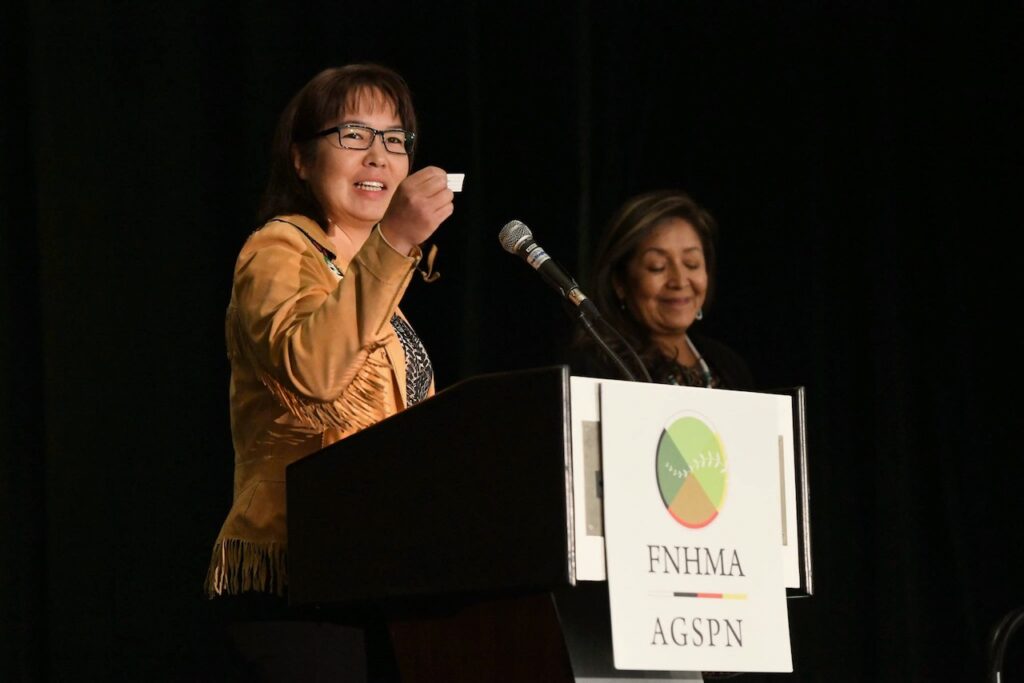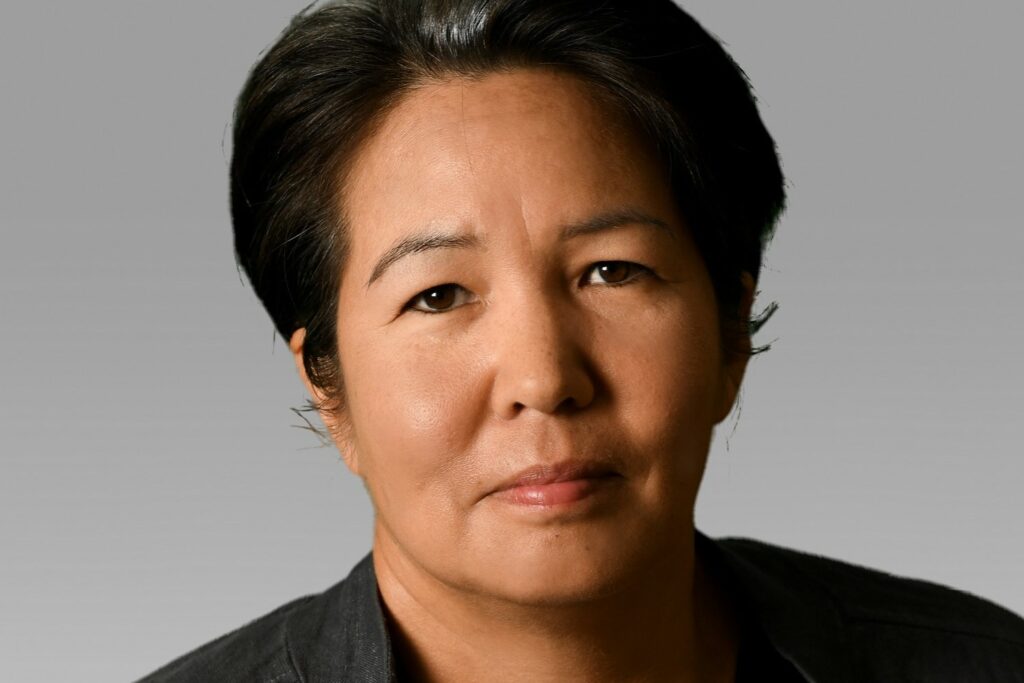
Rose LeMay
2021 Honourable Mention
Canada
Rose’s Story
Rose LeMay is from the Taku River Tlingit First Nation in northern British Columbia, Canada. A survivor of the Sixties Scoop, the mass removal of Indigenous children from their homes and families that took place in Canada throughout the 1960s, Rose was taken from her community as a baby and raised by a non-Indigenous family. She had to figure out who she was, far away from anyone who looked like her. She experienced racism regularly. Rose came to recognize that her experience gave her a unique opportunity. She had a foot in two worlds, and she resolved to use her position to increase understanding between those worlds and to build a more pluralistic Canada so that her children would not have to experience the discrimination that she did.
Rose spent 20 years working for the Government of Canada, advocating for a more inclusive health system for Indigenous communities, with a focus on mental health. She led the development of a mental health plan for survivors and attendees of the Residential School system who were testifying at the first national Truth and Reconciliation Commission (TRC) event, and in 2016, she led the World Indigenous Suicide Prevention Conference abut culture as a protective factor, the first to be hosted in Canada.
In 2017, Rose founded the Indigenous Reconciliation Group (IRG) to provide adult education and organizational training on Indigenous cultural competence and reconciliation. The IRG raises awareness about the types of racism that exist for Indigenous people in Canada and how Canadians can work together for Indigenous inclusion—whether by ensuring that indigenous clients receive the same quality of care from frontline services providers or by supporting organizations to educate their employees about racism.
Through the IRG, Rose raises awareness via media outreach and speaking engagements. She helps organizations shift their policies and programs to support reconciliation by implementing the TRC’s Calls to Action. Rose’s courses have reached more than 5,000 people across Canada. The Government of Nunavut and British Columbia’s Ministry of Indigenous Relations and Reconciliation have sought out her trainings, with the latter engaging with IRG specifically to consult on a strategic plan to enact the UN Declaration on the Rights of Indigenous Peoples (UNDRIP).
As Rose points out, reconciliation is a journey that Indigenous and non-Indigenous peoples in Canada choose to take together, with leaders and allies and change-makers across all sectors of Canadian society pushing to do better for each other and for the country.


Canada’s Truth and Reconciliation Commission (TRC) was established in 2008 with the purpose of documenting the history and lasting impacts of the Residential School system, through which 150,000 indigenous children were taken from their communities and sent to state-funded institutions where they were stripped of their culture and severely mistreated. The TRC determined that the Residential School systems amounted to a cultural genocide of Indigenous people. In addition to guiding Canadians through the difficult discovery of the facts behind the Residential School system, the TRC was meant to lay the foundation for lasting reconciliation across Canada. In 2015, the Commission came up with 94 Calls to Action that were presented to the Government of Canada regarding reconciliation between Canadians and Indigenous peoples. In 2021, the unmarked graves of thousands of Indigenous children were uncovered across former Residential School sites. These tragic reminders of the legacy of the Residential School system highlight the gravity of the violence, the importance of this conversation and the urgency of concrete actions toward reconciliation.



